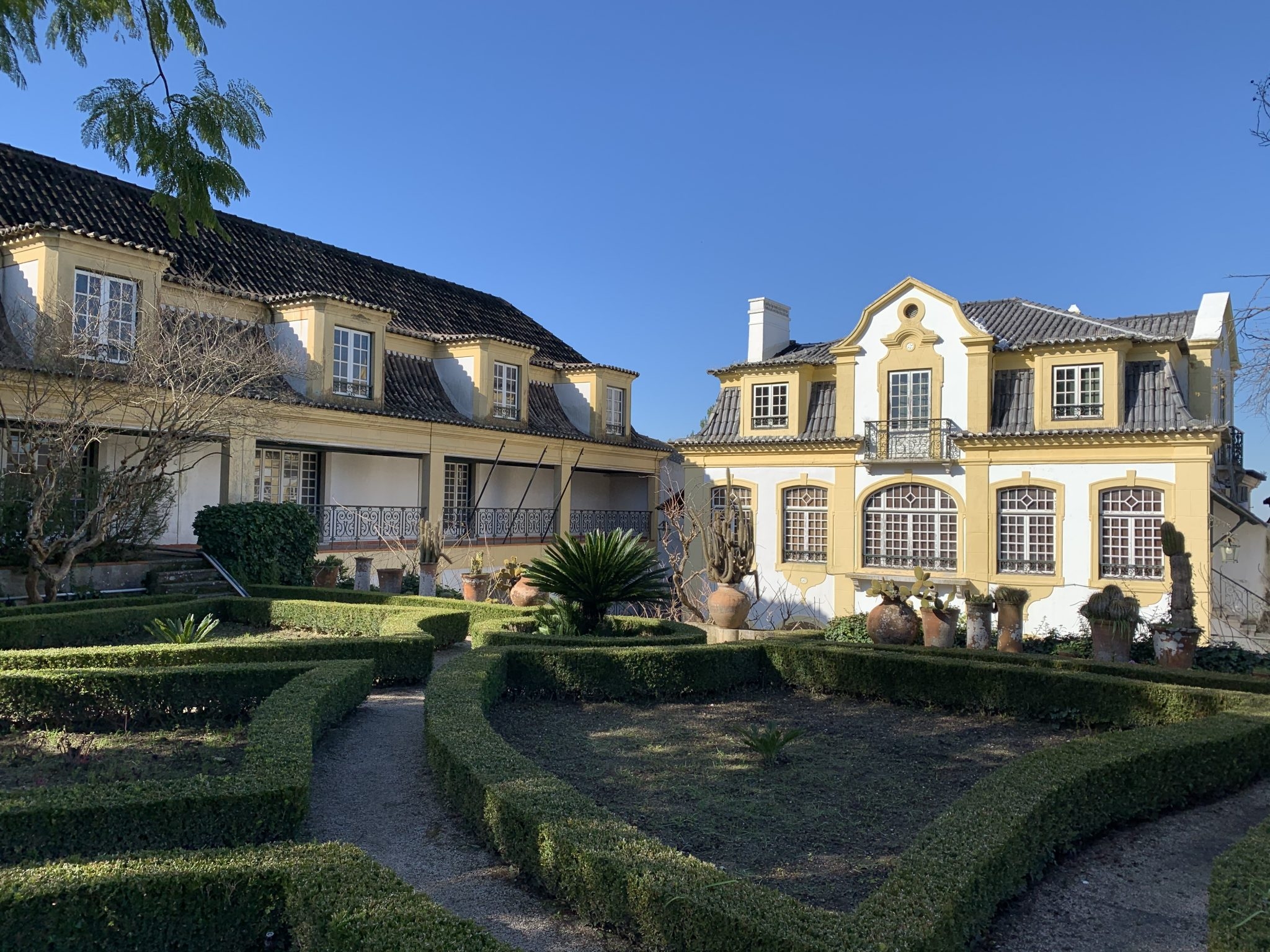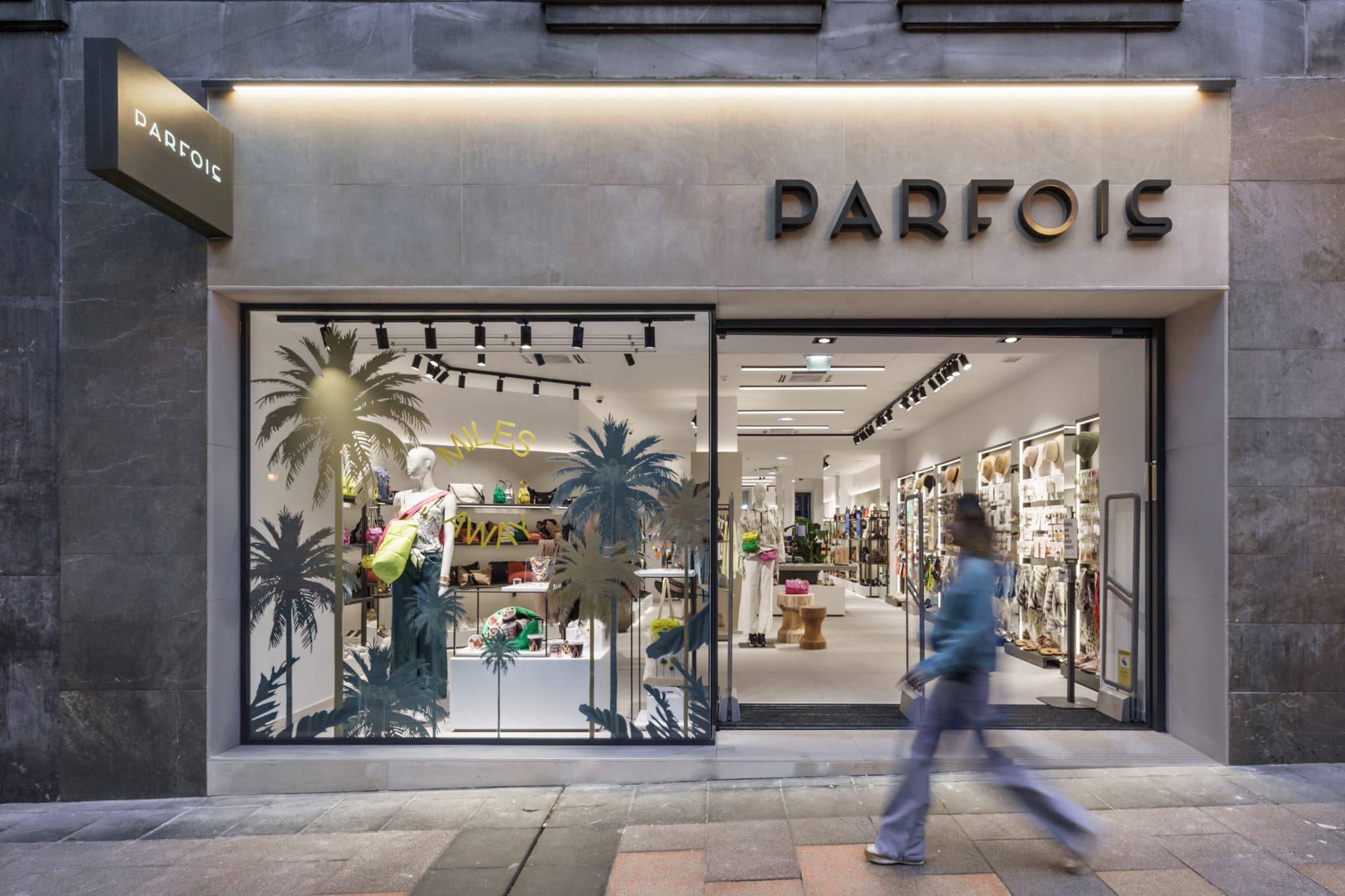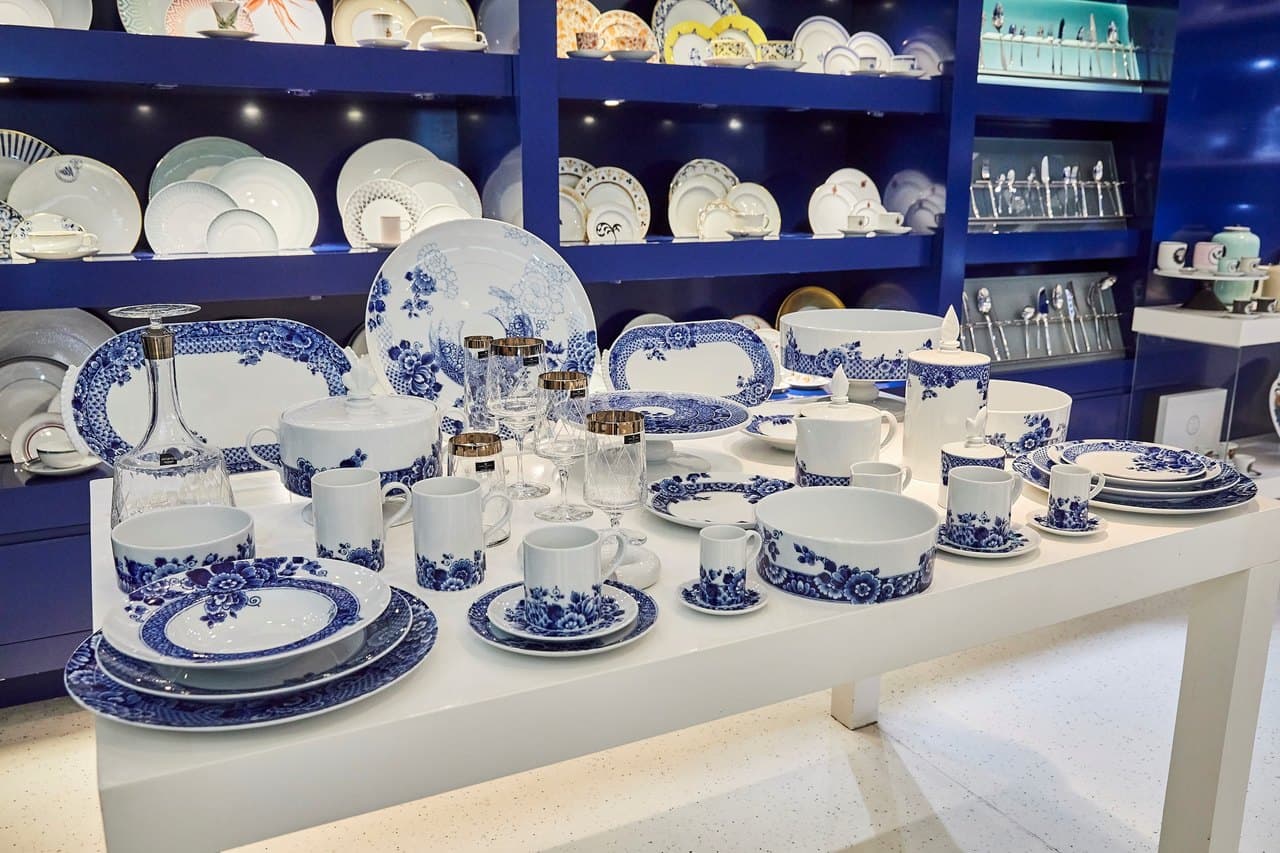
This morning, I opened a bottle… (don’t worry, it wasn’t my first instinct of the day) and no, it wasn’t a rosé for a night out with friends, but a wine carrying a whole legacy, one I was taking to my parents’ for lunch. Here’s the story of a winery celebrating two hundred years without losing a single drop of genius… and with a good dose of joy in the glass!
When it all began (yes, 200 years ago !)
It’s 1834, in the Setúbal Peninsula (Lisbon region), Portugal. Someone had an idea: “What if we made a wine that lasts, a wine that tells a story ?” That someone was José Maria da Fonseca, and that day, he launched one of the oldest table-wine houses in the country !
Picture it: vineyards on one side, the Atlantic Ocean not far away, and a fresh new skill set waiting to be mastered. We’re talking about a real family here (yes, an actual one, not “family” in the corporate sense) that, generation after generation, has managed to blend tradition, innovation… and a healthy dose of boldness.
A wine that tells stories
When I visited the brand’s museum-house in Vila Nogueira de Azeitão, a charming little town, by the way, I instantly felt the atmosphere: the old cellars, the oak barrels, the smell of wood and wine.
There, they talk about the famous Periquita brand (yes, that one, you definitely know it!) launched in 1850… and the legendary Moscatel de Setúbal, which stands proudly among the world’s great sweet wines. These bottles have a soul, a terroir, and generations behind them.
Why it still matters (and why you should remember it)
Because in a world where everything changes at the speed of a “like” (you know what I mean), some stories are simply good for the soul. José Maria da Fonseca proves that you can endure without becoming stagnant, evolve without losing yourself. Two centuries after its creation, the house remains in the same family’s hands, seven generations of passion, experimentation, and respect for the land!
What’s most impressive is its ability to stay modern without betraying its roots: organic wines, sustainable production, minimalist design, exports to more than 70 countries… all while keeping a story that is deeply, unmistakably Portuguese. That balance between tradition and modernity is what makes the magic : a brand born in a small town in Azeitão, now a global ambassador for Portuguese craftsmanship, without ever losing its southern accent.

Little favorites & fun facts
Did you know the museum offers wine-tasting workshops to help you describe wine without saying, “Hmm… tastes like wine” ? (I learned a lot there !)
The town of Azeitão has it all : vineyards, wine, and… tortas de Azeitão (yes, I’m a foodie, I admit it). The combo of wine + sweetness + scenery = pure life! (and, of course, a few photos on my phone).
And if you’re thinking “old wine = sky-high price,” remember, this house has always remained accessible (yes, you can love wine without remortgaging your life).
So, what now ?
Next time you pour yourself a glass (responsibly, of course head clear, heart full), think of this house that has survived history, revolutions, wars, passing trends. Think of every grape, every harvest, every barrel.
And if you’re up for a little challenge: buy a bottle of José Maria da Fonseca, sit on your balcony, watch the sunset, and tell yourself, “That’s 200 years of history in my glass.”
Sounds pretty amazing, right ? Cheers, to you !
Share this article
Suggested articles

Parfois: the accessories brand winning over all of Europe
Few Portuguese brands have achieved such widespread success. Founded in 1994 in Porto by Manuela Medeiros, Parfois began with a simple yet powerful idea: to offer stylish, trendy and affordable fashion accessories for women. Today, the brand operates in over 70 countries, with hundreds of stores across Europe, Africa and the Middle East.

Ecolã, Portugal’s Oldest Wool Blanket Factory
Tucked away in the heart of the Serra da Estrela (more precisely, in Manteigas) Ecolã stands as a living symbol of Portugal’s rich textile heritage. Since its founding in 1925, this family-run company has beautifully combined tradition, ancestral craftsmanship and innovation, becoming the undisputed reference in burel production in Portugal.

Lanidor, An Iconic Brand in Women’s Fashion
In the landscape of Portuguese fashion, few names are as familiar as Lanidor. Born in the 1960s, the brand has become a true reference in women’s ready-to-wear: a clever blend of national craftsmanship, commercial flair, and international ambition. Here, it’s not just about selling clothes, it’s about telling a story ! A story of family, local production, retail innovation… and a certain idea of Portuguese chic. Let’s take you behind the scenes of a brand that has been dressing women for over half a century, with style, consistency, and a touch of saudade.

Amorim, Global Leader in Cork, From Wine Stoppers to Design
In the world of sustainable luxury, few brands manage to combine tradition, innovation, and environmental respect as elegantly as Corticeira Amorim! Founded in 1870 in Vila Nova de Gaia (just a few kilometers from Porto), this Portuguese family business is now the global leader in cork processing ; a noble, natural, and 100% recyclable material.

Vista Alegre, the Portuguese porcelain with worldwide prestige
Vista Alegre… The name might sound like that of a fancy dinner set sitting proudly in a high-end sideboard, but behind those elegant plates lies a true Portuguese saga ! A story made of clay, industrial genius, espresso coffee and let’s be honest, a little bit of national pride (yes, I see you, tableware lovers).

Delta Cafés, the success story of a small family business
When you pour your morning coffee, remember that behind every cup, there’s often a story. And the one I’m going to tell you today is none other than that of Delta Cafés and trust me, it’s a particularly delicious one ! With an urban tone, a friendly touch, and a hint of humor (because yes, even coffee can have swag), we’re heading on a journey from Campo Maior (in the Alentejo) to coffee shops all around the world.


